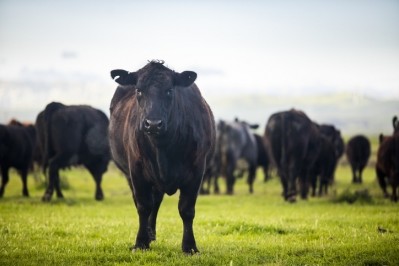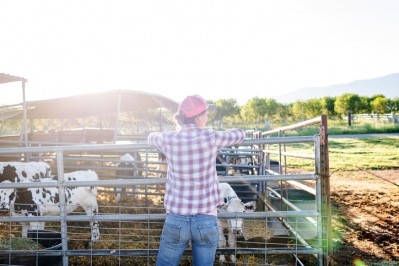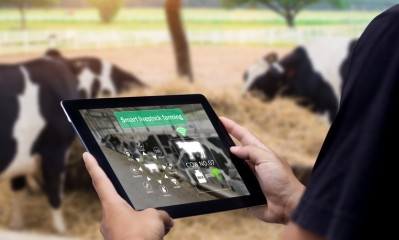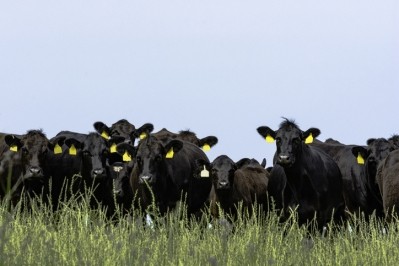Crossbreeding for increased feed efficiency and higher quality beef: Cargill supports practice through new accelerator program
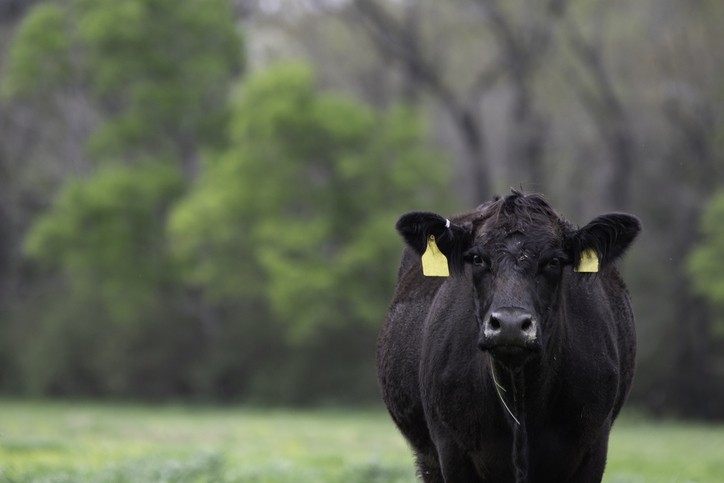
That initiative is a three-year program to accelerate learning, and support producers in better understanding the opportunities of dairy-beef crossbreeding.
A producer-led practice - dairy-beef crossbreeding or ‘beef on dairy’ - has the potential to help the North American beef and dairy industries improve supply chain efficiencies and address climate change, while continuing to provide consumers with high-quality protein, explained the company.
So often in agriculture, it is producers that are leading efforts to advance the industry as a whole, said the US agribusiness group.
Research conducted by Texas Tech University, continued Cargill, provides additional insight into the sustainability impact of the practice of dairy-beef crossbreeding, as well as benefits to producers.
The study indicated that:
- Compared to purebred dairy calves, ‘beef on dairy’ calves can provide higher-quality beef products without impacting current milk production efficiencies.
- ‘Beef on dairy’ calves show greater feed efficiency, compared to purebred dairy calves, which lowers the environmental footprint associated with their production.
- Increased feed efficiency significantly reduces greenhouse gas (GHG) emissions.
- ‘Beef on dairy’ delivers increased volumes of higher-grading beef carcasses, providing feedyard operators more access to value-based marketing opportunities as well as pass-back — ‘beef on dairy’ calves are more valuable in the marketplace for dairies than purebred dairy calves
“The beef and dairy industries have the opportunity to work together to produce even more efficient beef animals. Crossbreeding dairy cows to complementary beef sires can advance sustainability by reducing the environmental impact and improving profitability,” said Dale Woerner, Cargill endowed professor in sustainable meat science, Texas Tech University.
The Dairy Beef Accelerator will, over the coming years, provide resources to help interested beef and dairy producers with this crossbreeding practice, as well as create opportunities for peer-to-peer learning and sharing of experiences, in this respect, said Cargill.
“Connectivity across the beef and dairy supply chains is critical to further understanding the potential impact of beef-on-dairy crossbreeding. We have a role to advance understanding of the practice by investing in research, while providing support to remove barriers for interested producers,” said Heather Tansey, sustainability director, Cargill protein and salt and animal nutrition and health.
Cargill said this initiative complements its BeefUp Sustainability program, which aims to achieve 30% GHG intensity reduction across the groups’ North American beef supply chain by 2030.
